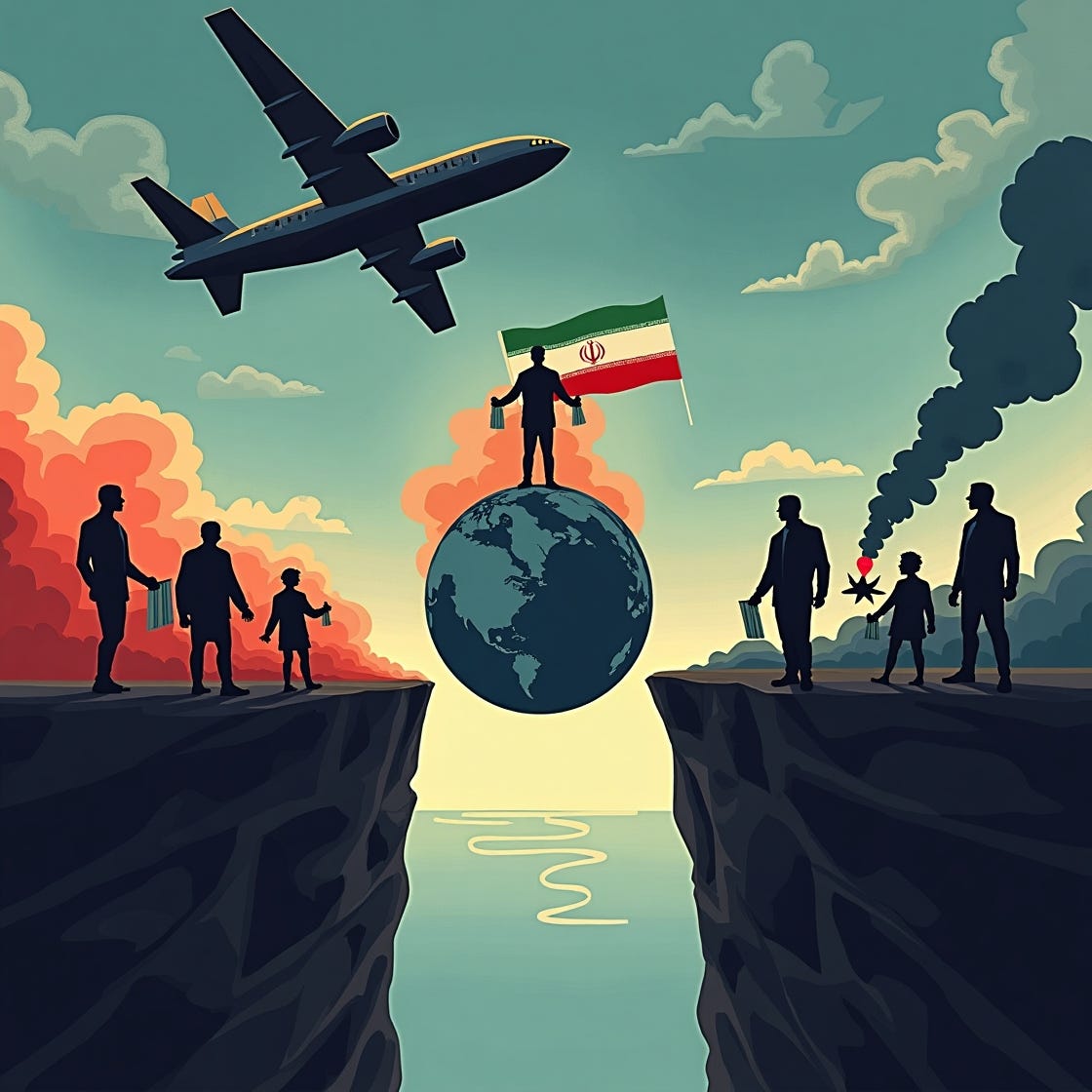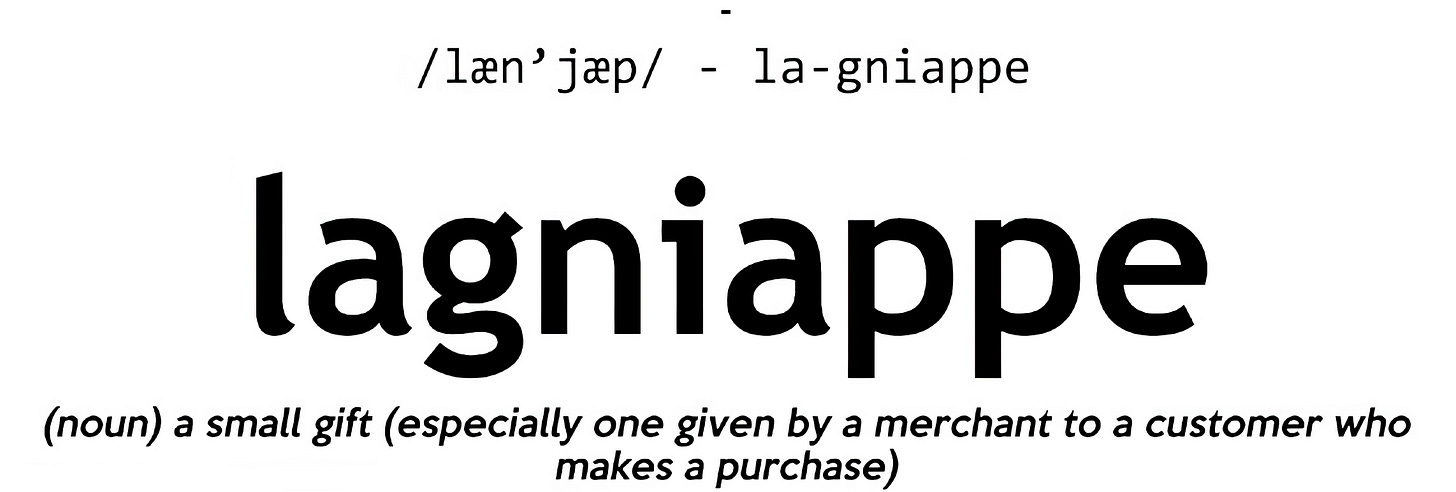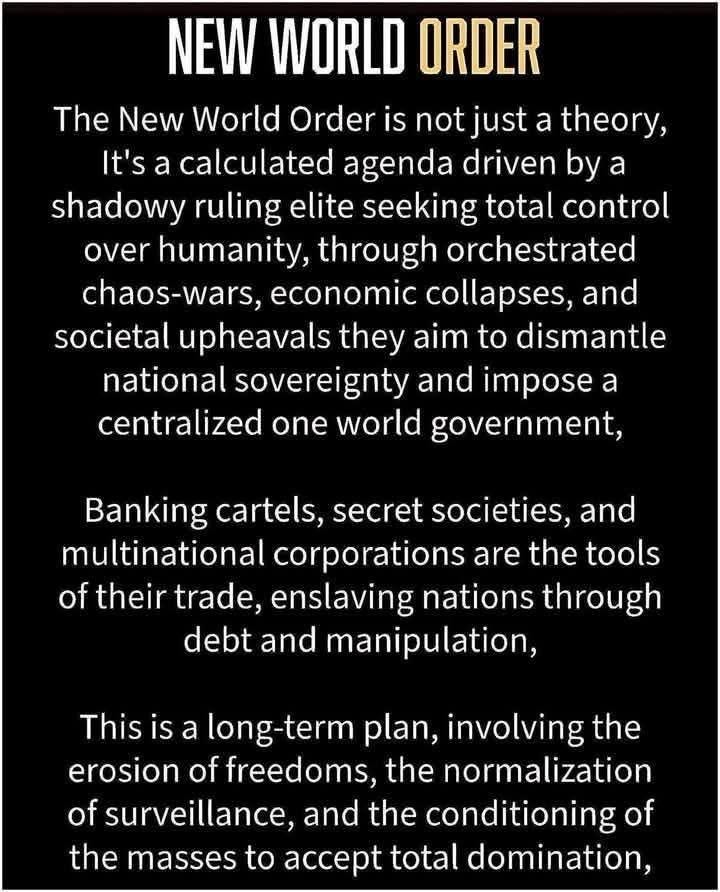On the Brink: US-Iran Tensions Reach Critical Levels... A Former UK Ambassador Speaks Out
As US-Iran relations spiral, former UK ambassador warns of unprecedented danger and the potential for global catastrophe if tensions are not defused.
In an alarming declaration, Sir Richard Dalton, a former UK ambassador to Iran, has shaken global observers with his assessment that war between the United States and Iran has never been closer.
Speaking to BBC Newsnight, Dalton warned of an increasingly perilous situation, where Iran's defiance against US demands has brought both nations to the brink of a potentially irreversible conflict.
The rising tensions echo throughout international shores, fueled by reports of the US and Israel's contemplated strikes against Iran's nuclear infrastructure. Dalton emphasizes that Iran stands defiant, unwilling to bow to what it considers "unsustainable" US demands for rapid concessions on nuclear and military fronts. As diplomatic talks unfold, the stakes are higher than ever.
Dalton’s prognosis is grim: should diplomatic efforts collapse, a retaliatory blow from Iran could unleash a cascade of consequences.
"Missiles and drones would be directed against American facilities in the region," he warned, painting a picture of widespread disruption across global oil trade routes and initiating what was meant to be a limited confrontation into a protracted, destabilizing war.
The specter of conflict compounds as external actors weigh in. Russia has sternly cautioned Western allies against militaristic actions, warning that any assault on Iran’s nuclear facilities would render catastrophic global repercussions. Meanwhile, President Trump continues to assert that Iran must never acquire nuclear capabilities, with military forces at the ready should negotiation avenues ultimately fail.
The geopolitical theater gets more complicated as Israeli Prime Minister Netanyahu and President Trump showcase unified resolve, arming themselves with advanced defense systems and strategic bombers like the B-2 Spirit, now stationed at Diego Garcia, strategically poised for any exigency.
As both sides tread this diplomatic tightrope, the shadows of history linger.
The narrative line is drawn, raising questions of past missteps, present responsibilities, and the future's uncertain horizon.
With Iran accelerating its nuclear ambitions, the world watches with bated breath, hopeful yet apprehensive, as these high-stakes negotiations unfold, representing not just bilateral tensions, but choices that echo across continents.





